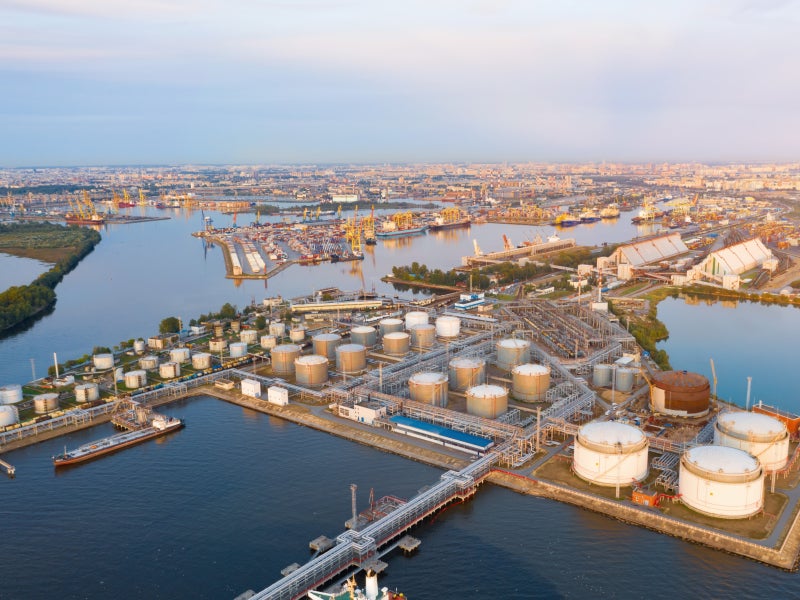
The EU, along with G7 countries and Australia, has imposed a price cap of $60 per barrel for Russian seaborne oil from 5 December.
According to the European Commission’s statement, the “Price Cap Coalition” will limit costs due to market conditions and reduce Russia’s oil profits since it invaded Ukraine. The cap will also help stabilise global energy costs while limiting adverse effects on energy supply to less economically-developed countries.

Discover B2B Marketing That Performs
Combine business intelligence and editorial excellence to reach engaged professionals across 36 leading media platforms.
Russian officials have stated that the country will not comply with the policy even if it means cutting production. Dmitry Peskov, press secretary for the Russian President, said: “A decision [on Russia’s retaliatory steps] is being prepared. One thing is self-evident. We will not accept any price caps,” according to Russian news agency Interfax.
The price cap allows Russia to export oil to third-party countries via G7 and EU tankers, insurance firms, and financial institutions at or below $60 per barrel. Al Jazeera reported that since most of the world’s transportation and insurance companies are located in G7 countries, the cap may make it difficult for Russia to sell its oil at a higher price.
Countries that do not accept the policy can continue purchasing Russian oil over the price cap without using Western services to buy, insure, or transport it.
The EU will conduct a two-month evaluation of the price cap mechanism to adapt to market developments. It will be set at least 5% below the average market price for Russian oil and petroleum products, as assessed using International Energy Agency statistics.

US Tariffs are shifting - will you react or anticipate?
Don’t let policy changes catch you off guard. Stay proactive with real-time data and expert analysis.
By GlobalDataThe EU council introduced a transition period of 45 days for any vessel carrying Russian crude oil to be unloaded at the final destination by 19 January 2023. A 90-day transition period will take into effect each time the price cap changes to “ensure coherent implementation of the price cap by all operators,” the Council’s statement read.





